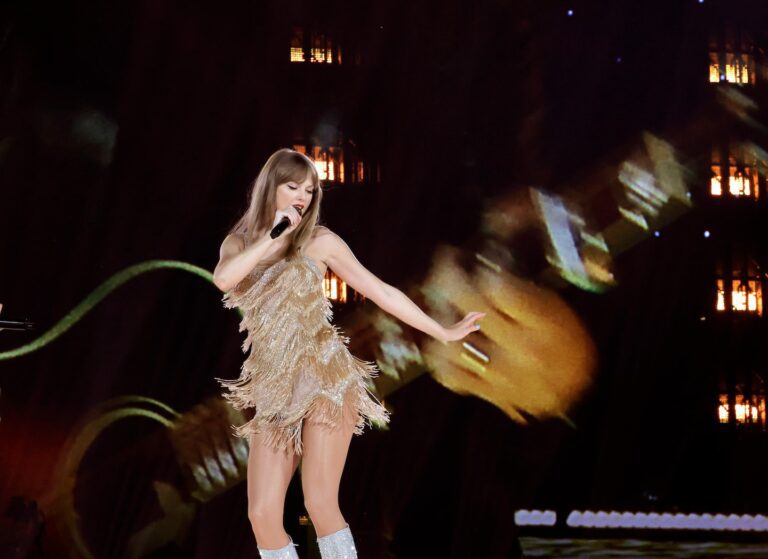TikTok pushed again in a strongly-worded statement, accusing the heavyweight music label of placing “their very own greed above the pursuits of their artists and songwriters.”
“Regardless of Common’s false narrative and rhetoric, the actual fact is that they have chosen to stroll away from the highly effective help of a platform with nicely over a billion customers that serves as a free promotional and discovery car for his or her expertise,” it added.
Common mentioned contract negotiations with TikTok had centered round three foremost points: compensation for artists and songwriters; the impression of synthetic intelligence; and on-line security for TikTok customers. All music licensed by Common is because of be faraway from TikTok within the coming days.
It mentioned the success of TikTok, owned by Chinese language firm ByteDance, “has been constructed largely on the music created by our artists and songwriters,” and accused the platform of proposing to pay artists “a fraction of the speed that equally located main social platforms pay.”
Different in style musicians represented by Universal embody Harry Types, Billie Eilish, SZA, Unhealthy Bunny and Ariana Grande. The music firm, which has its corporate headquarters within the Netherlands, has an enormous catalogue of recordings and songs that stretch again over a century, and consists of manufacturers equivalent to “Def Jam Recordings” and “Abbey Street Studios,” with music from Coldplay, Kendrick Lamar and Bob Dylan on the books.
TikTok mentioned it has been capable of attain related agreements with different music labels. In July it reached a “multi-year, multi-product deal” with the Warner Music Group.
Customers can solely use a most of 60 seconds of music of their video creations and can’t play full songs on TikTok.
Common additionally mentioned TikTok provided “no significant options” to take care of on-line content material that features hate speech, bigotry, bullying and harassment on the platform. It additionally raised issues about synthetic intelligence, saying the platform was “flooded with AI-generated recordings” and instruments to “encourage AI music creation on the platform itself.”
Such strikes, it mentioned, would “massively dilute the royalty pool for human artists,” and be considered as “nothing in need of sponsoring artist substitute by AI.” Nonetheless, Common added that it’s eager to “embrace the promise of AI” however needed to steadiness the know-how’s potential with guaranteeing artists’ rights have been pretty protected.
AI-generated music is more and more discovering its approach into the mainstream — with combined outcomes. In 2019, ByteDance bought the AI music platform Jukedeck, which created instruments that might let customers alter music to match movies.
Common mentioned it acknowledged that music followers would lose out because of its determination to not renew the present settlement. “However we’ve an overriding accountability to our artists to struggle for a brand new settlement beneath which they’re appropriately compensated for his or her work, on a platform that respects human creativity, in an setting that’s protected for all, and successfully moderated,” it added.


